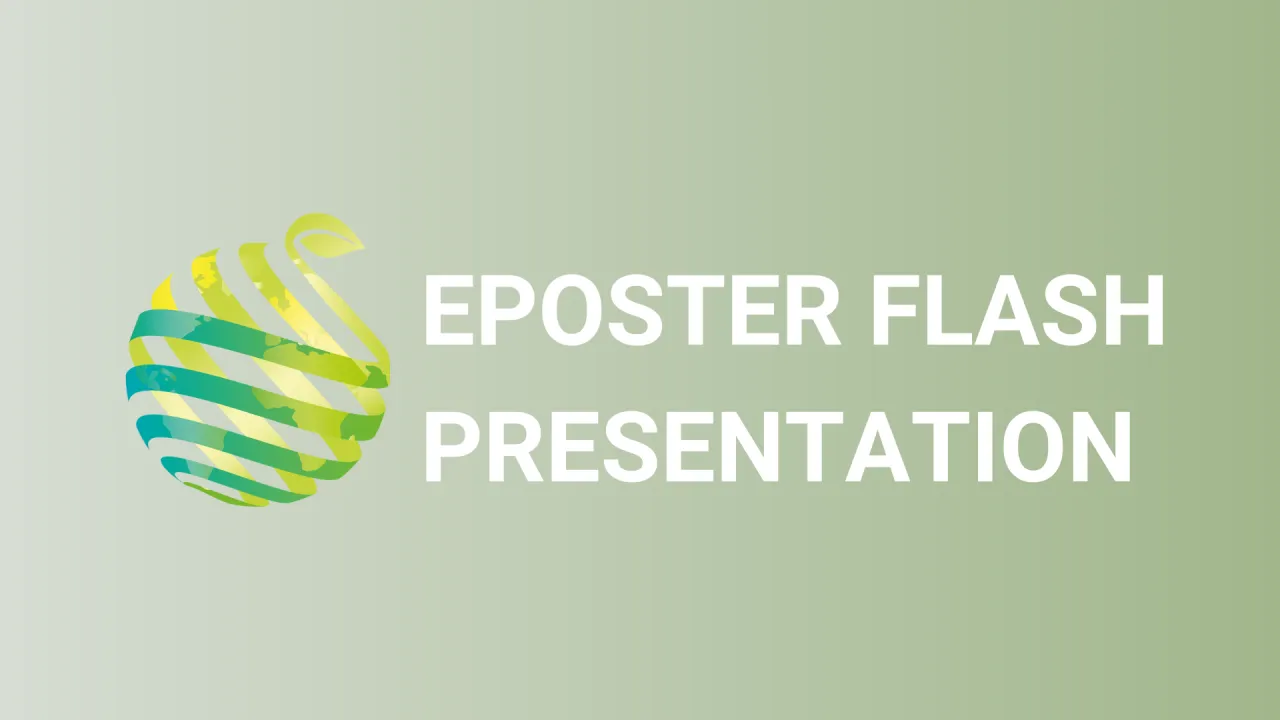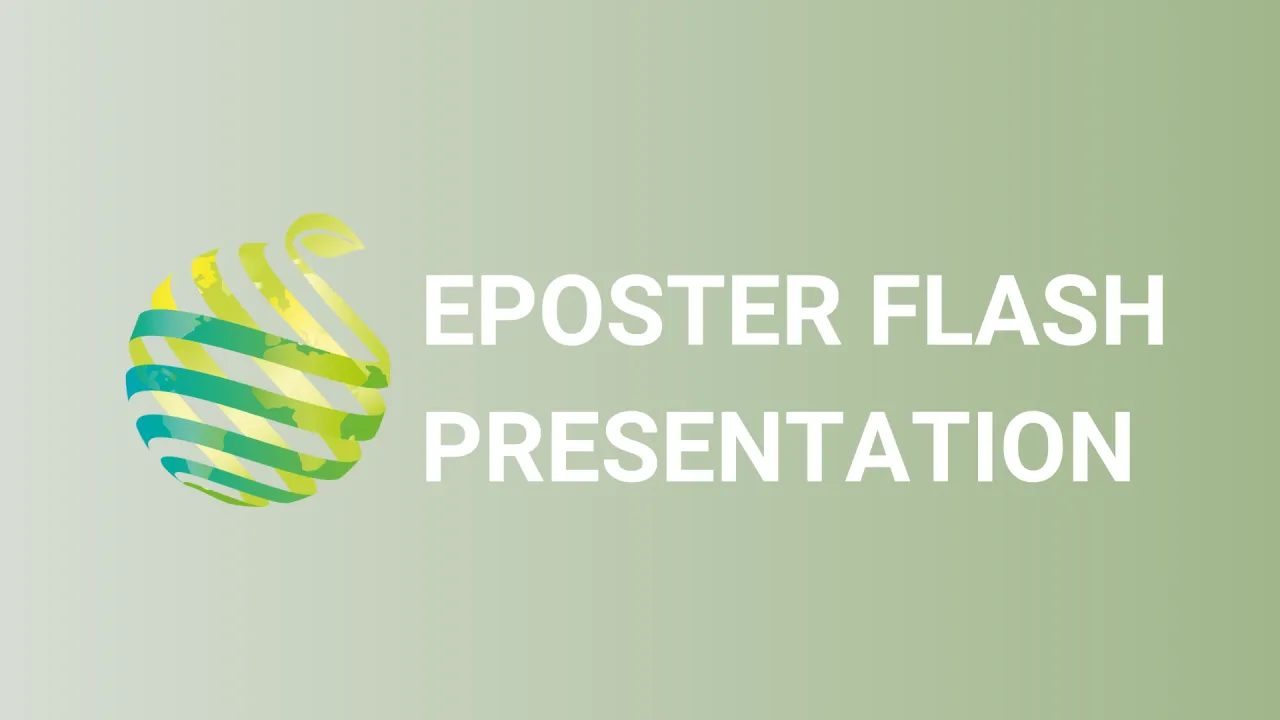

S09 - Session P1 - Managing economically viable innovations to reduce the use of synthetic pesticides : the case of tomato production trials in urban and periurban areas of Ivory Coast
Information
Authors: Orianne Signarbieux *, Laurent Parrot, Quevin Oula Pabo , Thibaud Martin, Lassina Fondio, Koné Daouda, Djezou Wadjamse Beaudelaire
The agricultural sector in Ivory Coast represents 21% of the GDP and employs 56% of the working population. The sector faces the continuous rise of urban and periurban agriculture and the excessive use of synthetic pesticides. The economic factors are necessary to incite farmers to invest in agroecological innovations. This study estimates the effects of agroecological innovations on the yield and profitability of tomato cropping systems. An experimental set-up of tests was composed of three types of cropping systems : an untreated control, a control treated with plants extracts, and two treatments which combined plants extracts and different types of insects-proof nets. The double difference and cost benefit analysis methods were used for the economic assessment. Student's t-test revealed the existence of a significant difference in average yields between cropping systems at the significance level of 0%. The yield with plant extracts and insect-proof nets increased by 27% in the dry season, while the yield of the untreated control and plant extracts decreased respectively by 72% and 75%. The dynamic effect of treatments on the yield of cropping systems with plant extracts only and plant extracts combined with insect-proof nets was -3% and +71%. The net present value of these cropping systems was respectively estimed at 44% and 35% of the total investment. The investment with the untreated control displayed an economic loss of 53%. The sensitivity analysis reveals that the agroecological tomato cropping systems with plant extracts only, and plant extracts combined with insect-proof nets, remain profitable even when selling prices and production decrease by 20% and 30% respectively, and production costs increase by 30%. This study confirms the results of other trials in East Africa. Public and private partnerships could improve the diffusion of combined agroecological innovations with technology support, training and attractive farm gate prices.